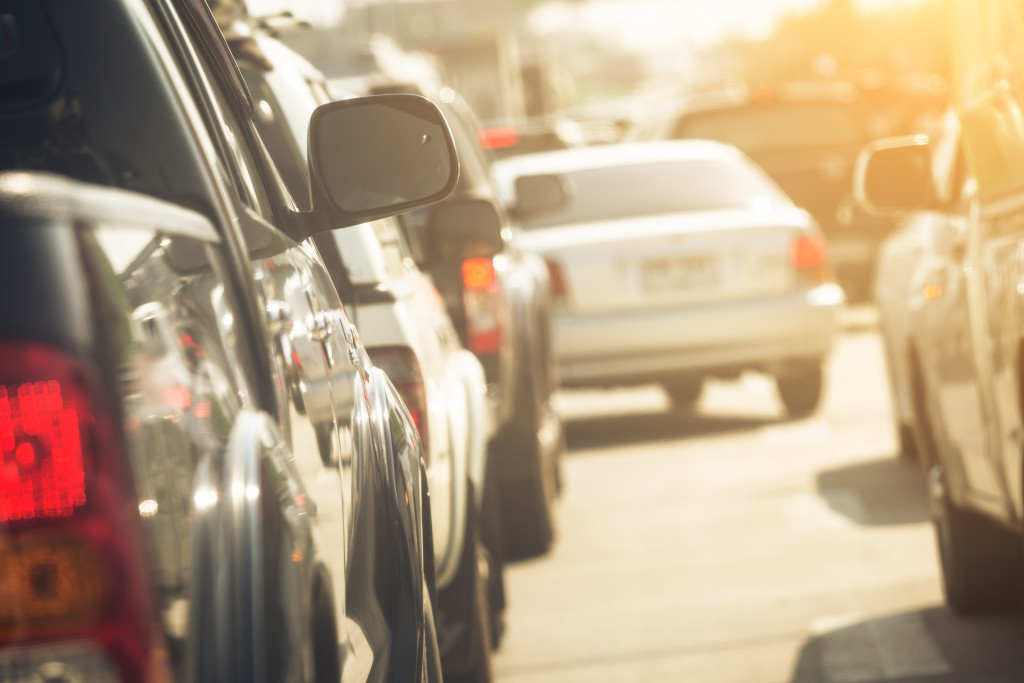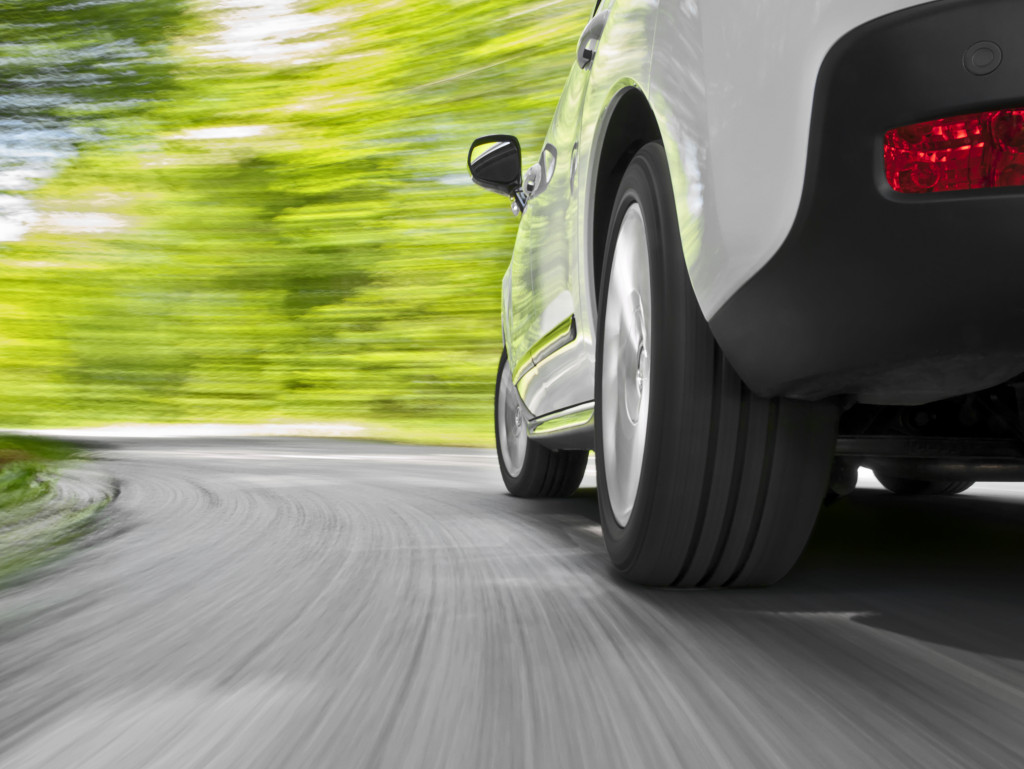Roads are the lifelines of any country. In rural areas, however, the condition of roads is often poor due to a lack of resources and equipment such as motor graders. This results in a decrease in the quality of life for residents. Roads are badly needed in rural areas in order to develop them sustainably.
There are many ways that roads that help develop rural areas. Here are 25 of them.
1. They provide easier access to essential services.
Without good roads, it is difficult for people in rural areas to access essential services such as healthcare and education. These are basic needs and rights.
2. They spur economic growth.
Good roads are necessary for the transportation of goods and services. They facilitate trade and commerce, attract businesses and investments, and result in increased economic activity in rural areas.
3. They connect farmers to markets.
Roads provide farmers with the ability to transport their crops and livestock to markets, which increases their income.
4. They improve social connections.
Roads allow people in rural areas to connect with each other across regions and with the outside world. This improves social cohesion and allows for the exchange of information and ideas.
5. They facilitate the movement of people.
Rural residents can use roads to travel to urban areas for work, leisure, or other purposes. This allows them to take advantage of opportunities that they would otherwise not have.
6. They allow for the delivery of aid and supplies.
In times of disaster or emergency, roads are essential for the delivery of aid and supplies. This is necessary for survival.
7. They provide an escape from poverty.
Roads can provide a way out of poverty for rural residents by increasing their access to education, healthcare, and economic opportunities.
8. They help preserve cultural traditions.
By facilitating the movement of people and goods, roads help preserve cultural traditions in rural areas.
9. They promote environmental conservation.
In areas where there is no road, people often have to clear land in order to build a road. This results in deforestation. However, if there is already a road in place, people can use it instead of clearing land. This helps to preserve the environment and is especially important in tropical countries where deforestation is a major problem.
10. They improve public safety.
By providing better access to emergency services, roads can improve public safety in rural areas.
11. They reduce the spread of disease.
Good roads are necessary for the transportation of medical supplies and personnel. This can help reduce the spread of disease in rural areas.
12. They provide opportunities for recreation and tourism.
Roads can provide opportunities for recreation and tourism, which can be a source of income for rural residents.
13. They increase tax revenue.
Improved connectivity and economic activity resulting from good roads can lead to increased tax revenue for the government. This can, in turn, be reinvested in rural development projects.
14. They create jobs.
The construction and maintenance of roads create jobs for people in rural areas.
15. They reduce the cost of living.
By reducing the need to travel long distances and lowering transportation costs, roads can reduce the cost of living in rural areas.
16. They improve the quality of life.
By providing better access to essential services, economic opportunities, and recreation, roads can improve the quality of life in rural areas.
17. They make it easier to get around.
Roads make it easier to get around, which is especially important for the elderly, disabled people, and young children.
18. They reduce traffic congestion.

By providing alternative routes, roads can reduce traffic congestion in urban areas.
19. They are a source of pride for the community.
A well-built and maintained road can be a source of pride for the community. It is a visible symbol of progress and development.
20. They are an important part of the infrastructure.
As a basic necessity, roads are an important part of the infrastructure. They are required for the functioning of modern society.
21. They remind us of our humanity.
In a world that is increasingly technology-driven, roads remind us of our humanity. They are a reminder that we are all connected by our shared experience of traveling on them. They are a reminder that we are all in this together.
22. They are a part of our heritage.
Many of the roads in existence today have been around for centuries. They are a part of our history and heritage. By using such roads, we are able to connect with the past. We can retrace the steps of our ancestors and see how they lived. It is, therefore, essential to keep them well-maintained and upgrade them when possible.
In conclusion, while good roads are important for many reasons, they are especially critical for rural development. This is because rural areas often suffer from a lack of infrastructure and economic opportunities. Good roads can help to address these problems by improving connectivity and access to essential services. This, in turn, can lead to increased economic activity and improved quality of life for rural residents.


